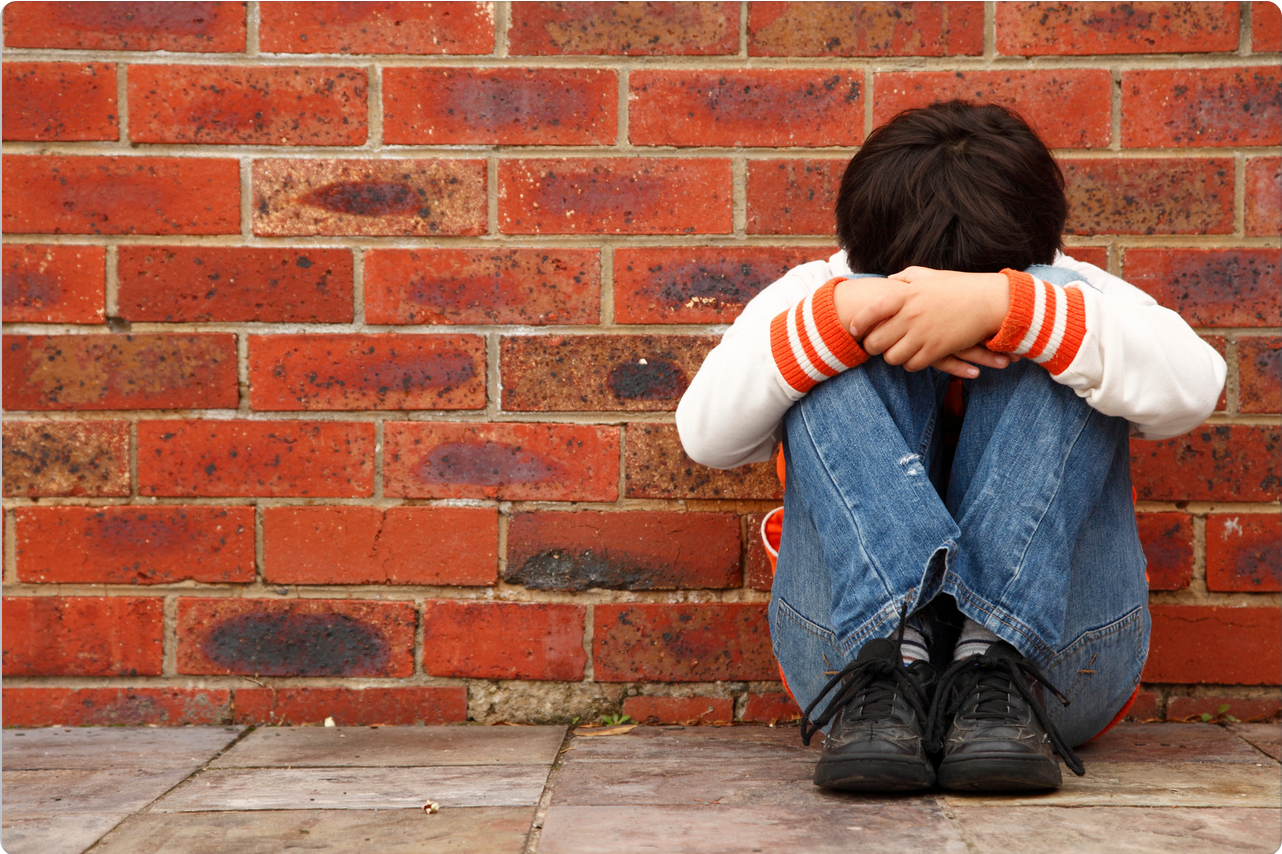Self-acceptance means acknowledging and embracing all facets of our being, both the positive and the negative. It entails introspection and a willingness to expose our vulnerabilities. In honor of Pride Month, this article encourages individuals in the LGBTQIA+ Community to express their authentic selves. In this blog post, we delve into the process of coming out and explore essential strategies for self-exploration during times of uncertainty. Additionally, we delve into constructive approaches to coming out to loved ones and the importance of self-love regardless of one's identity or orientation. Embracing who you are and honoring your truth is a powerful journey that deserves recognition and support.
Read MoreBeing a parent is an extraordinary journey of caring for a life entrusted to you. Parenthood profoundly impacts everyone involved, highlighting the crucial role of fathers alongside mothers. This article is dedicated to exploring the intricacies of fatherhood and its effect on us and the minds of our children in celebration of Father's Day. Father's Day is a special occasion dedicated to honoring the irreplaceable influence that fathers have on the development of their children and the intricate nature of fatherhood.' Whether you are a new father, soon-to-be dad, or experienced parent, we commend you for your role in nurturing the next generation.
Read MoreStress can harm our physical well-being and mental health, so understanding it and discovering ways to mitigate it can be extremely beneficial. Effectively managing stress can positively impact our overall health and mindset, allowing us to expend less energy on worrying and more on pursuing our goals. As we conclude our Unpacking series, we aim to provide insights and practical tips to help you tackle overwhelming stress.
Read MoreThe significance of therapy and medical intervention in addressing mental health issues is well-documented and extensive research has influenced the diagnosis and treatment of mental health disorders. Diagnosing these conditions requires specialized training and experience. Self-diagnosis, popularized by social media, can hinder those in need of professional help and perpetuate stigma around mental health conditions.
Read MoreResearch shows that a large percentage of adults in the U.S. have gone through a traumatic event at least once in their lifetime. While trauma is a common shared occurrence, each individual's experience is unique. It is evident that traumatic events can have profound effects on our physical and mental well-being, leading to various challenges. What exactly is trauma? Trauma is defined as a profoundly distressing or unsettling incident. In this blog post, we will delve into the topic of trauma - its nature, impact, and the journey towards healing.
Read MoreBullying is a prevalent issue among adolescents, and this blog aims to shed light on how to avoid contributing to the negative perception of bullying by showing our children compassion and empowering them. By taking the necessary steps at home to educate and prepare them, ensuring they have proper support at school, and uplifting both the bullies and the bullied, we can start making a positive impact.
Read MoreMusic and sound have played a significant role in human history, uniting people and evoking emotions. From the Hindu belief in the power of chanting "Om" to the Biblical description of God's voice creating light, the impact of sound is profound. In modern times, music has been found to greatly benefit mental health by fostering social connections, reducing stress, aiding memory, and enhancing brain function. Additionally, music serves as a form of communication, introduces us to diverse cultures, and amplifies marginalized voices. The power of music is undeniable.
Read MoreLife changes are inevitable and often challenging to navigate. From moving to new places, experiencing loss, to making internal shifts, these changes can have a significant emotional impact. It is essential to understand the mechanics of change and how they affect individuals going through them. Embracing these transitions is key to finding peace amidst the ever-changing seasons of life.
Read MoreMost people have struggled to disconnect and maintain their inner peace, especially in today’s digital world. A major contributor is how online we are today, which can lead to symptoms of overstimulation, burnout, and chronic connectivity and can have other negative effects on one’s mental health. Disconnecting takes a good deal of practice and mindfulness and there are ways to disconnect that don't leave us feeling out of touch. This blog goes over actionable tips and ways to disconnect and make the most of the information age without letting it consume us.
Read MoreClutter not only impacts our physical environment but also affects our mental health. This post highlights the benefits of decluttering and provides useful tips to assist you in tidying up!
Read MoreToday we are introducing a new series on the blog called Unpacking. For those who might not know, the term is psychology slang. Unpacking is taking a larger emotional or situational concept and breaking it down into smaller pieces that can be more easily understood. This is a technique therapists use to help us understand the root of issues, and better untangle other interconnected issues or feelings. This series will focus on unpacking all the details of big emotional impacts within our lives, and give insight into what the experience may entail, the causes, and root emotions, along with steps for coping, and examples of treatment.
Read MoreCouples therapy is a type of talk therapy that is centered around resolving issues and addressing dysfunctional patterns to improve your relationship long-term. This type of therapy can be conducted online or in person and is often led by a licensed clinical social worker, a marriage and family therapist or a professional clinical counselor.
Read MoreSeasonal Affective Disorder is not spoken about as widely as depression and other mental health conditions, even though it affects over 10 million adults in the US, which is about 5% of the population.
So what does Seasonal Affective Disorder look like? It depends partially on when your symptoms onset. There are two different patterns for SAD winter and summer. The more common of the two is winter, and the symptoms are losing interest in hobbies, having cravings for carbohydrates, weight gain, feelings of listlessness, and worthlessness, as well as feeling sad and even suicidal. However, the most common side effect is tiredness and sluggishness that persist regardless of how much you sleep. This further reinforces the idea that the condition is related to our circadian rhythm. The symptoms often arrive around October and may persist through February and even early March.
Read MoreMost people only see their therapist a handful of times a month for an hour at a time. With the limitations of time, it is important to use every tool at your disposal to make the most of every session. For those of you who may be looking for some helpful tips to jumpstart your therapy goals and get more out of your sessions, this article is a must-read.
Read MoreThe end of a year and beginning of a new one is a time for reflection and an opportunity to take inventory of our memories and experiences. This process can be enjoyable and some might find themselves indulging in nostalgia or comparing where they ended to where they began. While this is a very common way to approach the New Year, if we want to make the practice more meaningful and impactful we can employ mindfulness.
Read MoreThe holiday season is often portrayed as a time of joy, warmth, and togetherness. However, for those who are grappling with grief, this time of year can be incredibly challenging. Whether you're mourning the loss of a loved one, a relationship, or a significant aspect of your life, the holidays can intensify feelings of sadness and loneliness. In this blog post, we'll explore gentle strategies to cope with grief during the holiday season and find moments of peace and healing.
Read MoreGrowing your sense of self and feeling secure in your skin has several benefits for almost every aspect of your mental health. It’s an underlier in most discussions we have about mental health improvement. Building and developing this sense is hard enough, but it can be harder when we hit roadblocks and participate in self-sabotaging activities. If you do not feel that there's been an actionable path to growing your sense of self, you might want to evaluate what is holding you back.
Read MoreIn any facet of life, we must be able to communicate. Whether in a professional setting, our personal lives, or even practical situations, being able to relay your message clearly and concisely is a skill that can be used almost every day. Communication is the foundation for expression, and an essential part of bonding and negotiating with others as well as spreading information. Being a good communicator could be the key to getting more out of your therapy sessions, or resolving issues that may crop up in your domestic or work life.
Read MoreAs Thanksgiving approaches, the excitement of festive gatherings and the promise of indulgent feasts can be accompanied by the anxiety of body image concerns and disordered eating patterns. The holiday season, often revolving around food-centric events, presents unique challenges for individuals on a journey towards healing. If the upcoming holiday brings up more fears than excitement for you, take a moment to consider the following strategies to prepare for Thanksgiving with mindfulness and self-compassion.
Read MoreThough the holidays can be an extraordinary and fun time for families and friends, it is also known to be one of the most stressful times of the year for several reasons. According to a study by NAMI (National Alliance of Mental Illness), 64% of those who suffer from mental health concerns throughout the year report that holidays put additional stress on their condition.
Read More




















